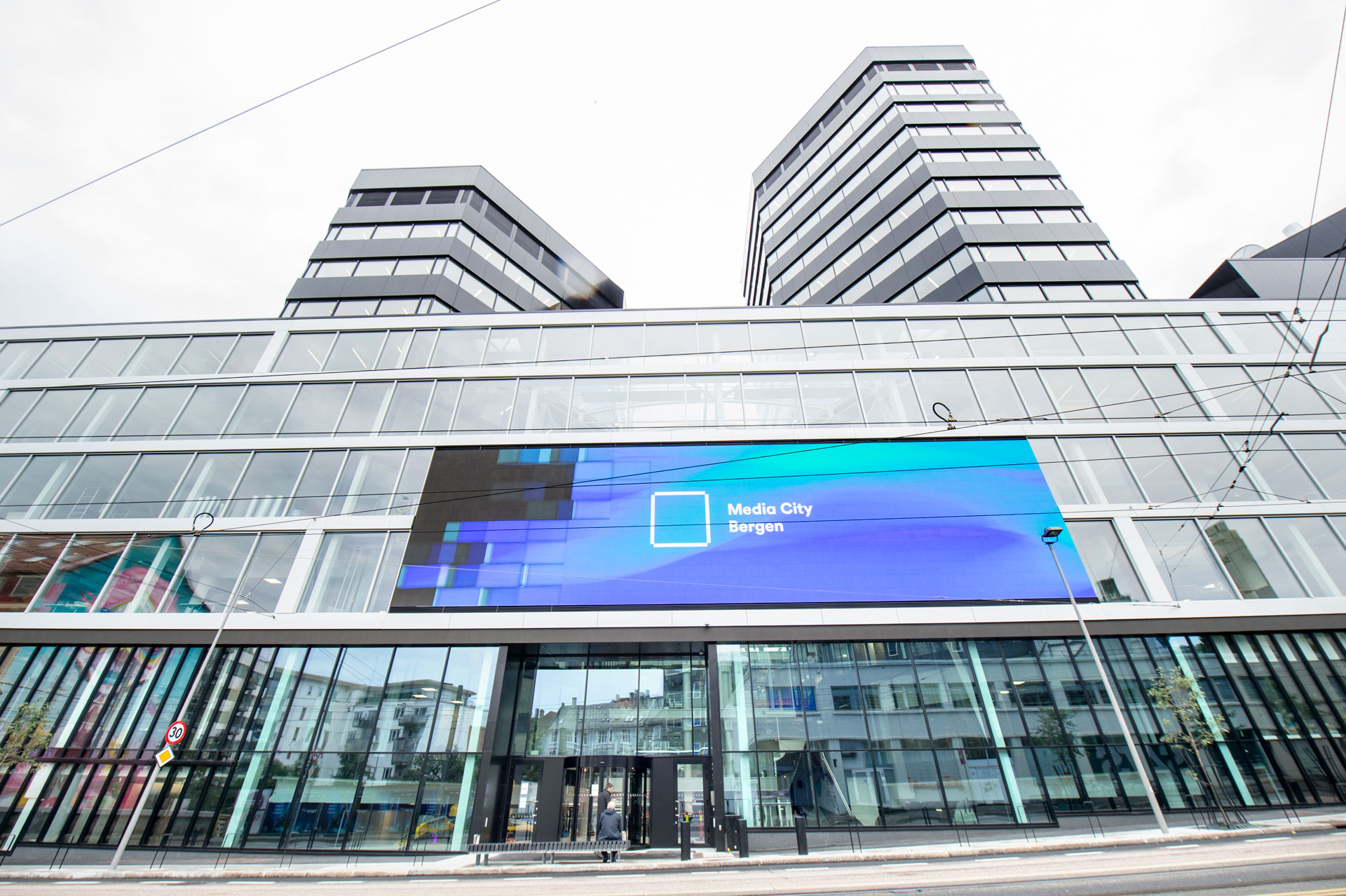-
-

Seminar: User-centered Investigation of Popularity Bias in Recommender Systems
OnlineABSTRACT: Recommendation and ranking systems are known to suffer from popularity bias; the tendency of the algorithm to favor a few popular items while under-representing the majority of other items. Prior research has examined various approaches for mitigating popularity bias and enhancing the recommendation of long-tail, less popular, items. The effectiveness of these approaches is often assessed using different metrics to evaluate the extent to which over-concentration on popular items is reduced. However, not much attention has been given to the user-centered evaluation of this bias; how different users with different levels of interest towards popular items (e.g., niche vs blockbuster-focused users) are affected by such algorithms. In this talk, I first give an overview of the popularity bias problem in recommender systems. Then, I show the limitations of the existing metrics to evaluate popularity bias mitigation when we want to assess these algorithms from the users’ perspective and I propose a new metric that can address these limitations. In addition, I present an effective approach that mitigates popularity bias from the user-centered point of view. Finally, I investigate several state-of-the-art approaches proposed in recent years to mitigate popularity bias and evaluate their performances using the existing metrics and also from the users’ perspective. Using two publicly available datasets, I show that many of the existing popularity bias mitigation techniques ignore the users' tolerance towards popular items. The proposed user-centered method, on the other hand, can tackle popularity bias effectively for different users while also improving the existing metrics.
-

Seminar: Should we have PETs in “smart” homes? Tomasz Kosinski, Chalmers University of Technology
OnlineABSTRACT: This talk is not a lecture. The goal is to use plain English. Why? To simply convey some practical information and insights. About what? On Privacy Enhancing Technologies; PETs for short. What for? So that you can answer the question in the title for yourself. (Correct, I won't do this one for you.) Why should you care to listen? Will it matter if you don't? To whom? And what to use PETs for? Can it be applied to an Amazon Echo or Google Home? A "smart" lightbulb or your "smart" TV? All of them? These questions I'll strive to answer. And I hope you will have more. Especially that in this popular science format, I will touch upon topics that should resonate with each of you and that are not limited to dark, dusty and narrow university corridors or Ivory towers. Tangible examples of this include reports of The Norwegian Consumer Council, Forbrukerrådet, regarding consumer-unfriendly practices. Similarly, recent NRK reports on location tracking through smartphone apps illustrate some issues that will be brought up in the talk.
-
-

Seminar: AI in the social sciences AND a taxonomy of fake news: Two research themes. Rich Ling, Nanyang Technological University, Singapore.
OnlineABSTRACT: In this talk, Rich Ling will examine the role of AI in social science research. In addition, he will examine a taxonomy of fake news. In the case of AI in the social sciences, Ling will examine how this technology is emerging as a new tool that will eventually shape social science research in the coming years. When considering fake news, Ling will review how this phenomenon has been seen over the past decade and how researchers have approached it.
-

Seminar: Computational Psychology in Recommender Systems, Marko Tkalčič, University of Primorska (Slovenia).
OnlineABSTRACT: Recommender systems are systems that help users in decision-making situations where there is an abundance of choices. We can find them in our everyday lives, for example in online shops. State-of-the-art research in recommender systems has shown the benefits of behavioural modeling. Behavioural modeling means that we use past ratings, purchases, clicks etc. to model the user preferences. However, behavioural modeling is not able to capture certain aspects of the user preferences. In this talk I will show how the usage of complementary research in computational psychology, such as detection of personality and emotions, can benefit recommender systems.
-

Seminar: Exploring media experience: why is it important to media innovation? Irene Costera Meijer, Vrije Universiteit Amsterdam
OnlineABSTRACT: In today’s world, innovation appears to have replaced quality as the dominant concept in metajournalistic discourse. Innovation guards the distribution of financial resources - more investments in technology - and working conditions –more freelance journalists as a flexible workforce. Innovation also works as a distinctive mark of professional status and is at the center of antagonistic labor relations – e.g. the introduction of robot journalism.
The shift from quality discourse to innovation discourse involved a change in the journalistic perception of audiences: from being irrelevant (if not a negative concern) to being main targets.
Although the question of how to reach audiences seems to be still dominant, news organizations appear to become more open and sensitive towards finding out how to become valuable to audiences, how to open up their minds, how to broaden their horizon, and how to provide them with a quality experience that will enlighten them with reliable information considered worthwhile.
In this talk I will answer the question how innovation discourse and quality discourse may meet by focusing on what audiences experience as valuable journalism. I will demonstrate how it crystallized over the years into three key experiences: Learning something new, Getting recognition and Increasing mutual understanding.
-

Workshop on trust and distrust in news
OnlinePROGRAM:
10 min: Welcome and introduction
10 min: Irene Costera Meijer – How young people (18-34) and older people (45 +) differ in the way they deal with experiences of trust and distrust.
10 min: Erik Knudsen – Understanding trust in the media and its determinants.
30 min: Discussion – what role does news media trust play in MediaFutures? -
-

Seminar: Natural Language Generation, Automated Journalism and Finding the Middle Road
OnlineMediaFutures is pleased to announce that Leo Leppänen, who is a computer science doctoral student at the Discovery Research Group of University of Helsinki, Finland will be giving a seminar on the topic of natural language generation.
-

MediaFutures Annual Meeting
Passed
-
-
-
-
-

CEDAS & MediaFutures Joint Seminar: Knowledge Graph: Exploring Reasoning and Learning with Jeff Z. Pan
OnlinePlease join the Center for Data Science (CEDAS, UiB) and MediaFutures for an invited talk by Dr. Jeff Z. Pan from the School of Informatics at The University of Edinburgh, […]
-

MediaFutures Seminar: Translating Educational Data into Meaningful Practices: Insights from the field of Learning Analytics. Mohammad Khalil.
OnlineMohammad Khalil, senior researcher at UiB Centre for the Science of Learning & Technology (SLATE), will give a seminar on 25 November, at 12:00. TITLE: Translating Educational Data into Meaningful […]
12 events found.


